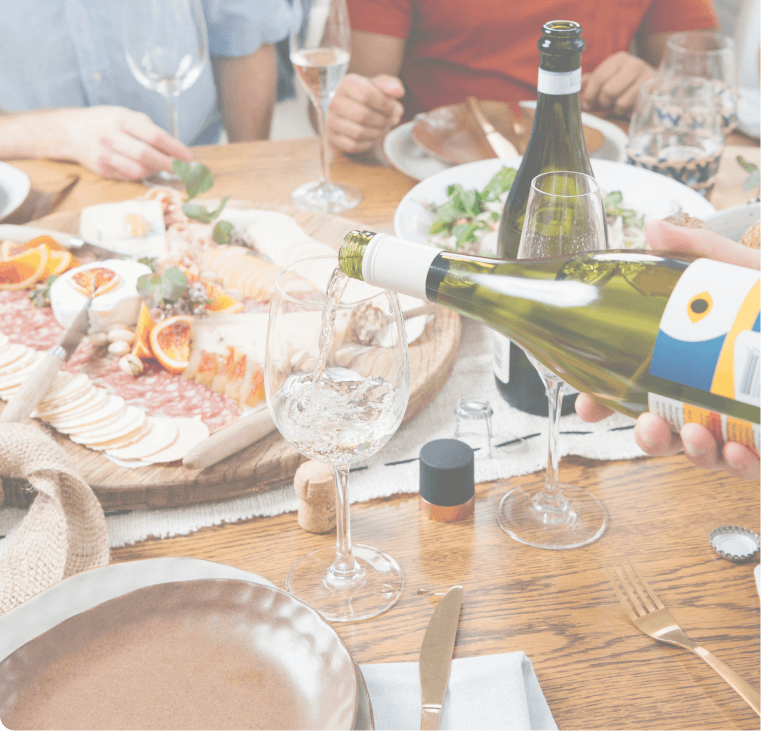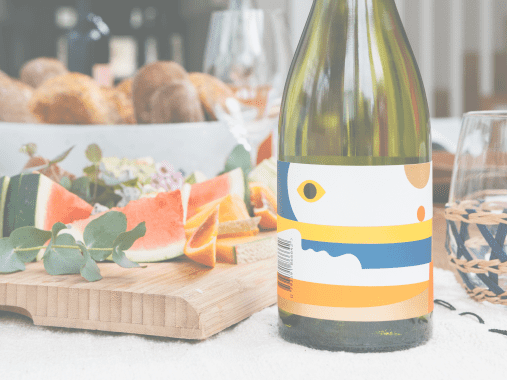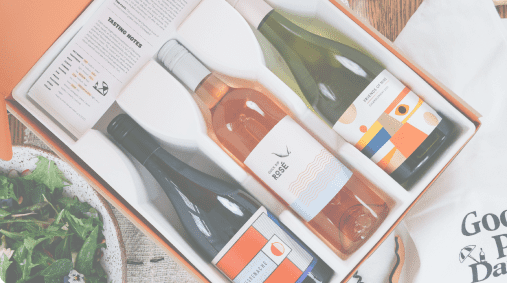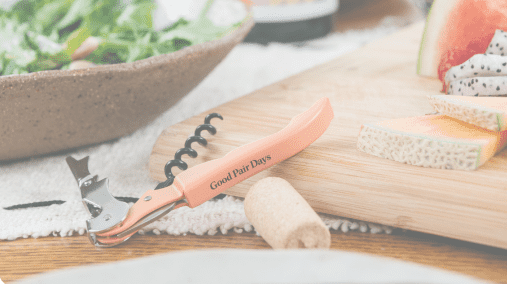

You're on our UK site. Are you sure you want to continue?
Tête-á-Tête Terret Blanc 2021
Primary flavours

Citrus

Green Apple

Pear

Yellow Grapefruit

Mineral

Oats

Wax
Details
Oh boy are we a little bit in love with this number. Notes for prickly pear, straw, pineapple and mango jump out of the glass. We also loved that subtle, herbal character at work in the background, underpinning a wonderful mineral, almost salty character on the finish. This is delicious.
Tête-à-Tête is the brainchild of Liam Steevenson, a UK Master of Wine who has made it his life's work to seek out and work with some incredible winemakers around the world. We have had the pleasure of buying a range of wines from him and his company, Vineyard Productions, and the Tête-à-Tête wine is another wine that we are delighted to add to our ranks here at Good Pair Days Central. The Tête-à-Tête is made from one of the Languedoc's most ancient grape varieties: Terret Blanc and the fruit for this particular wine come from vineyards a stone's throw from the neighbouring Picpoul appellation. Terret Blanc - FYI there is also Terret's Noir and Gris - is known for its marked acidity, making it a seriously useful grape in the south of France, where warm Mediterranean summers can lead to excessive levels of ripeness, and diminishing acid levels.
Tête-à-Tête is the brainchild of Liam Steevenson, a UK Master of Wine who has made it his life's work to seek out and work with some incredible winemakers around the world. We have had the pleasure of buying a range of wines from him and his company, Vineyard Productions, and the Tête-à-Tête wine is another wine that we are delighted to add to our ranks here at Good Pair Days Central. The Tête-à-Tête is made from one of the Languedoc's most ancient grape varieties: Terret Blanc and the fruit for this particular wine come from vineyards a stone's throw from the neighbouring Picpoul appellation. Terret Blanc - FYI there is also Terret's Noir and Gris - is known for its marked acidity, making it a seriously useful grape in the south of France, where warm Mediterranean summers can lead to excessive levels of ripeness, and diminishing acid levels.
Read more
You might
also like






















